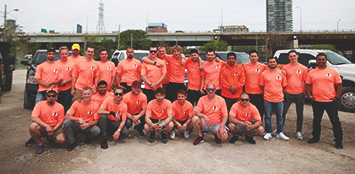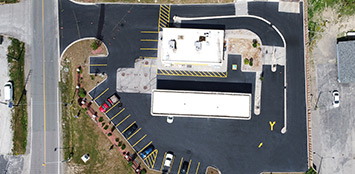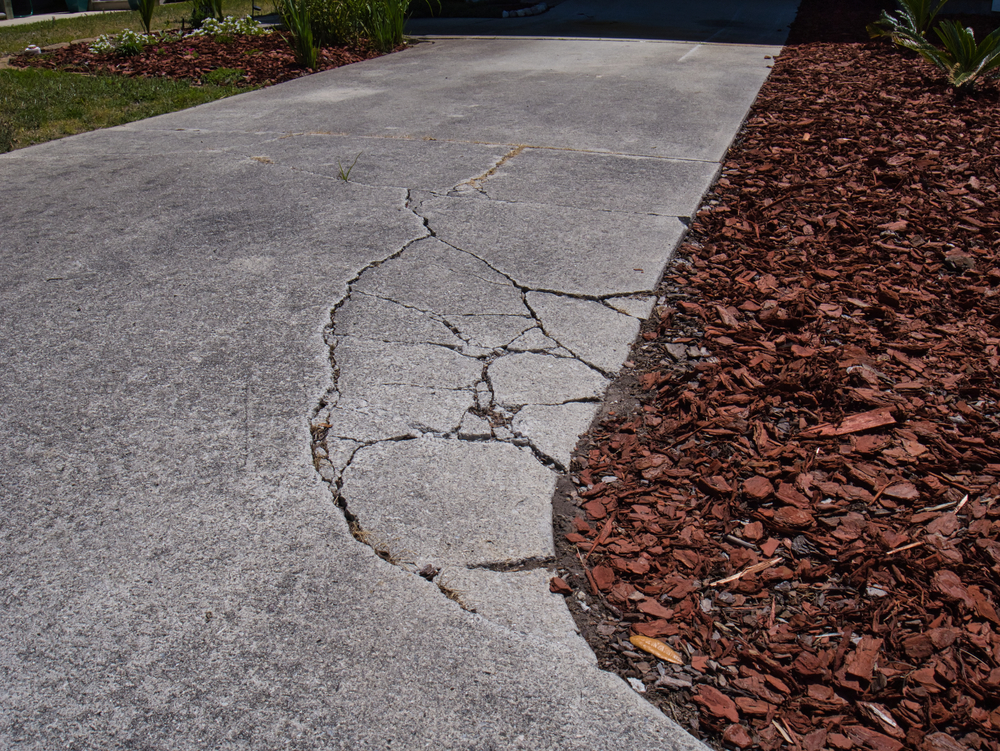Property maintenance is an important aspect of owning a home or commercial property. Not only does it protect you from costly repairs, but it also ensures that your property looks and functions beautifully for a longer period of time. But how do you know if asphalt resurfacing is required for your asphalt? Keep reading to learn about usual indicators of asphalt distress or damage.
What Is Asphalt Resurfacing?
Asphalt resurfacing is the process of repairing and restoring an asphalt surface. This can involve removing the existing surface and replacing it with new asphalt, or simply patching and repairing any damage. The goal is to restore the surface to its original condition, or as close to it as possible.
There are a few different methods for asphalt resurfacing, depending on the condition of the surface and the desired results. If the surface is in good condition but just needs a new coat of asphalt, then a hot-mix overlay is used. This involves melting down new asphalt and spreading it over the old surface. If the surface is more damaged, then removal and replacement may be necessary. In this case, the old asphalt is removed and the underlying surface is cleaned and prepared. A new layer of asphalt is then laid down, and the surface is treated with a sealant to protect it from future damage.
How Do I Know It Is Time To Replace or Resurface My Asphalt?
Here are the 5 most common indications that it is time to replace or resurface your asphalt.
1. Poor Drainage – Water accumulation such as puddles is a common sign that there’s something wrong beneath the surface of your asphalt pavement. Parking lots are strategically designed with a built-in slope to prevent this from happening. Water accumulation indicates one of two things:
- The asphalt has lost porosity
- There are weak spots in your asphalt pavement
Water and moisture can get trapped in the weak spots throughout your pavement which can weaken its structural integrity. If you notice multiple problem spots throughout your asphalt pavement, then asphalt resurfacing may be the answer.
2. Extensive Cracks – Alligator-like cracks, in particular, indicate that the internal structure of your asphalt pavement may be damaged. This type of cracking happens as a result of a deteriorating asphalt foundation. Depending on the size of your property and the extent of the damage, you may be able to get away with repairing a small portion of the asphalt. However, you won’t truly know how the extent of the damage until the top layer is removed and replaced.
3. Potholes – Potholes should be addressed with extreme urgency because they start off small but continue to expand if neglected. It’s not enough to just fill in deep potholes since you will not be able to tell how extensive the internal damage is. Potholes also accumulate a lot of water and debris, which must be removed before they get trapped within your asphalt structure and cause further havoc. If you notice multiple potholes throughout your property, then it may be time to resurface the asphalt pavement entirely.
4. Fading and Stains – Over time, automobile fluid leaks and fading from extended sun exposure may harm your asphalt. Chemicals in motor oil, windshield wiper fluid, and other liquids erode the protective layer of your asphalt, causing it to crack. Fluid stains and fading are signs of a weakened foundation and should not be neglected.
5. Broken or Chipping Edges – When small or large pieces of asphalt fall off at the edges, this is often an indication of deterioration. No matter how meticulous your maintenance and repair procedures have been throughout the years, no asphalt pavement is immune to deterioration. Between various environmental aggressors such as extreme cold and heat, your asphalt pavement endures a lot over the years. Asphalt resurfacing can help restore an aging pavement to its original state.
Contact Asphalt Sealing for any questions you might have!
We hope this was helpful and informative! If you have any questions and need some guidance, feel free to give us a call and we would be happy to help you. Asphalt Sealing 647-812-7845.



